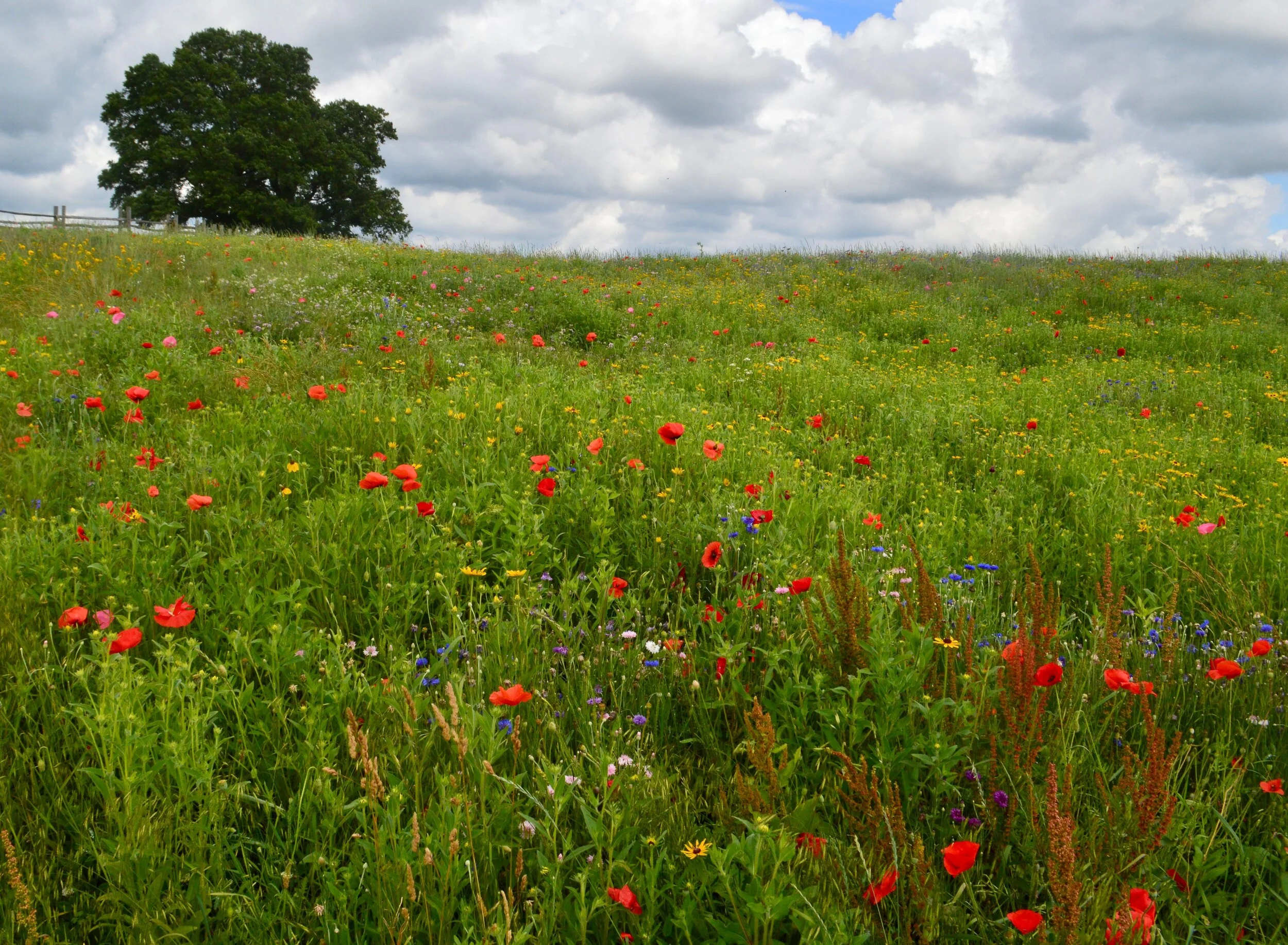Reading on Racism and the Environment
OSGF
Oak Spring is not just about plants, but about people. In order to be better environmentalists and better members of society, we as an organization must take active steps to face down the ugliness of racism, and to prioritize making our site and programming safe, welcoming, and equitable for BIPOC (black, indigenous, and people of color). One of those steps is to acknowledge the racist history of our own site.
Not often enough do we talk about the history of this land that pre-dates Paul and Bunny Mellon. Rokeby was once farmed for profit using the stolen labor of enslaved people, and before being forcibly displaced by the same European settlement that brought chattel slavery, indigenous people occupied these lands. To become better stewards of Oak Spring, we need to recognize this history, and to understand how racism connects to the environmental aspect of our mission.
As our staff continues to educate themselves on how to become better anti-racists, they have come across multiple resources that examine the deep-rooted links between environmentalism, racism, and climate change in light of the protests that have swept the country following the needless killings of George Floyd, Breonna Taylor, and many others. If you are also interested in learning more about these important issues, we recommend taking a look at the articles and essays below.
Please feel free to suggest more articles, essays, or other resources through our contact form, and we will include them on the list.
This article from independent environmental news outlet Grist discusses the racist history of the environmental movement, and the tendency of many green organizations to overlook environmental issues that disproportionately affect BIPOC communities. Grist also published this recent piece on the “pollution burden” shouldered by black communities, and on current efforts to combat that environmental injustice.
Online environmental magazine Yale E360, which OSGF has proudly supported, explores the roots of racial injustice and climate change in their recent interview with climate activist Elizabeth Yampierre. Yampierre, a co-chair of the Climate Justice Alliance, talks about how the fights against climate change and racism are deeply intertwined, and must be addressed together.
A powerful piece published by the Sierra Club, Racism is killing the planet, also examines the connection between environmental racism and climate change. The author, Sierra Club Director of Strategic Partnerships Hop Hopkins, argues that “sacrifice zones” – parts of the planet we consider disposable, such as fracking sites and other places where forms of environmental destruction occur - are not possible without people we also consider disposable.
Another take on climate change and racism comes from the New York Times, which sat down with several prominent environmental defenders for their Climate Forward newsletter. Read Black environmentalists talk about climate change and anti-racism to hear the perspectives of Texas Southern University Professor Robert D. Bullard, known as the father of environmental justice, Heather McGhee, a senior fellow at research and advocacy group Demos, and Sam Grant, the executive director of the Minnesota branch of climate activist organization MN350.org. The New York Times also published this list of links to articles, essays, and books on climate change and social inequalities.
Julian Agyeman, a Professor of Urban and Environmental Policy and Planning at Tufts University, and Kofi Boone, a Professor of Landscape Architecture at North Carolina State University, penned this article for the The Conversation about the history of land-loss for black Americans.
Read this piece for Vogue, Why Every Environmentalist Should Be Anti-Racist, for environmental activist Leah Thomas’ take on the connection between environmentalism and the Black Lives Matter movement, and the need for “intersectional environmentalism” to save the planet and black lives.
In addition to articles that examine racism and climate change, many notable pieces have addressed the subject of racism in public outdoor spaces and in STEM (science, technology, engineering, and math) fields, following a well-publicized incident in which a white woman called the police on black bird watcher Christian Cooper, falsely claiming that he threatened her. In People called police on this black birdwatcher so many times that he posted custom signs to explain his hobby, the Washington Post interviews Walter Kitundu, one of the organizers of the social media event Black Birders Week, on racism in outdoor spaces and the “great loss” of pushing people of color out of scientific fields.
Corina Newsome, another organizer for Black Birders Week, wrote this essay for the Audubon Society on the importance of continuing to support efforts to amplify black voices in birding and other STEM fields.
Another piece addressing racism in outdoor spaces came from design, technology, science website Gizmodo. In Confederate Symbols Are Pollution, staff writer Yessenia Fuentes addresses the current efforts to remove confederate monuments in parks and other public spaces. She argues that many of the confederate symbols and monuments standing in parks and other areas - including mountains and landmarks named after confederate leaders and white colonists - pollute outdoor spaces, making them unwelcoming for BIPOC.
Finally, read this excellent piece from Vice for a recent college graduate’s perspective on racism in Environmental Studies. Wanjiku Gatheru, a Rhodes, Truman, and Udall scholar, discusses how how black history and knowledge are left out of environmental studies, making many aspects of the field inaccessible to black students.
